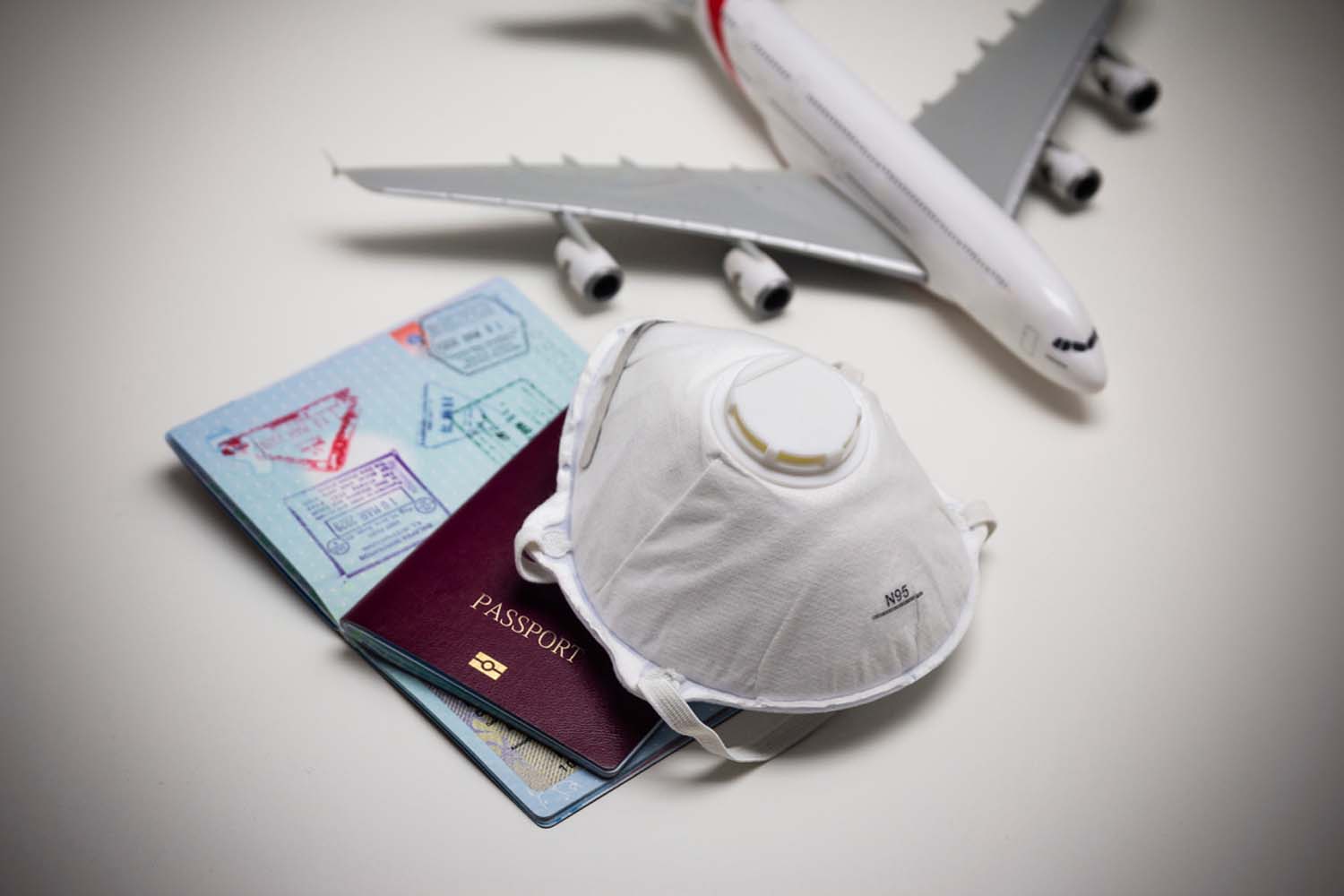The outbreak of COVID-19 continues to have an impact on travel abroad and people are advised to travel only when necessary. Travel advice continues to change on a weekly basis, so it is important to keep up to date with the Government advice and where you can and can’t travel to.
The advice from travel expert, Rob Gower of Dragonfly Traveller, is to postpone any travel plans until next year unless you are willing to go into a 14-day quarantine upon your return to the UK.
“The latest travel advice is under constant review and changes on a regular basis,” said Rob. “If you are planning to travel, you should keep up to date with the latest official advice on the country you are travelling to. COVID-19 has led to unprecedented border closures and other restrictions and as we have seen recently, a country may impose travel restrictions without any notice.”
Air bridges and travel corridors
Governments in various countries across the globe have created air bridges or travel corridors. In the UK, if a country is on the travel corridor list, this means there is no requirement for travellers returning to the UK from one of these countries to go into quarantine.
However, it is worth noting that if a country is on the UK travel corridor list, this does not necessarily mean you can go on holiday there. Some countries, like New Zealand for example, is on our travel corridor list but is barring UK nationals from entry. Others allow UK residents in but require you to quarantine or have a COVID-19 test on arrival.
In September, the following regions of Greece were removed from the UK travel corridor list: Crete, Lesvos, Mykonos, Santorini, Serifos, Tinos and Zakynthos. This means that anyone travelling back from these destinations will have to quarantine for 14 days. Details on all exempt countries and territories can be found at www.gov.uk
Airport testing
Countries such as Dubai and Germany have implemented proof of COVID-19 testing before entry onto the aircraft. Travellers wishing to visit these countries must have a negative COVID-19 test certificate before being allowed to board a flight. Others are testing for COVID-19 at the airport.
“Personally, I feel the UK should move towards testing for COVID-19 at the airports on arrival,” said Rob. “Then travellers would only be required to quarantine for 48 hours while they wait for their results. This will go a long way towards helping to get the travel industry back on its feet. Any positive test results would lead to a 14-day quarantine. If tests come back negative, travellers can return to their normal lives in the UK after quarantining for the 48 hours it takes for their test results to come through instead of two weeks.”
Casualties of COVID-19
When the COVID-19 pandemic hit, the travel industry quite literally ground to a halt. How quickly economic recovery sets in and how soon countries roll back border restrictions are unknown and travel professionals face many unanswerable questions. It is thought that the recovery process for the travel industry will be complicated and lengthy.
Rob explained: “The economic damage to the global tourism sector as a result of the coronavirus pandemic is likely to exceed £1 trillion this year, which would set the industry back two decades.“ Depending on when travel restrictions will be fully lifted, it is expected that international tourism spending will drop between £910 billion and £1.2 trillion this year, which would set the global tourism industry back by 20 years.”
Going forward
So, what does the future look like for the travel industry?
“Undoubtedly, safety will clearly be the main issue facing future travel. Social distancing will somehow need to continue in airports, on planes, in accommodation, restaurants, and pretty much everywhere else on holiday for some time yet,” said Rob.
“Airports will most likely take on a different role, taking temperature checks and testing and there may be less of an appetite to spend hours in the terminal eating or shopping before boarding flights, denying airports major retail revenues.
“People should think carefully before making plans to travel. With the way things are at the moment, last-minute Government changes can cause havoc to plans and if you are already abroad and the country closes it borders, you could find you need to quarantine for 14 days on your return with no prior notice, causing issues with returning to work and school.”
Rob Gower of Dragonfly Traveller works as a travel PA, building bespoke holidays and trips for customers. Call 01604 661100 or visit www.dragonflytraveller.co.uk to find out more.













